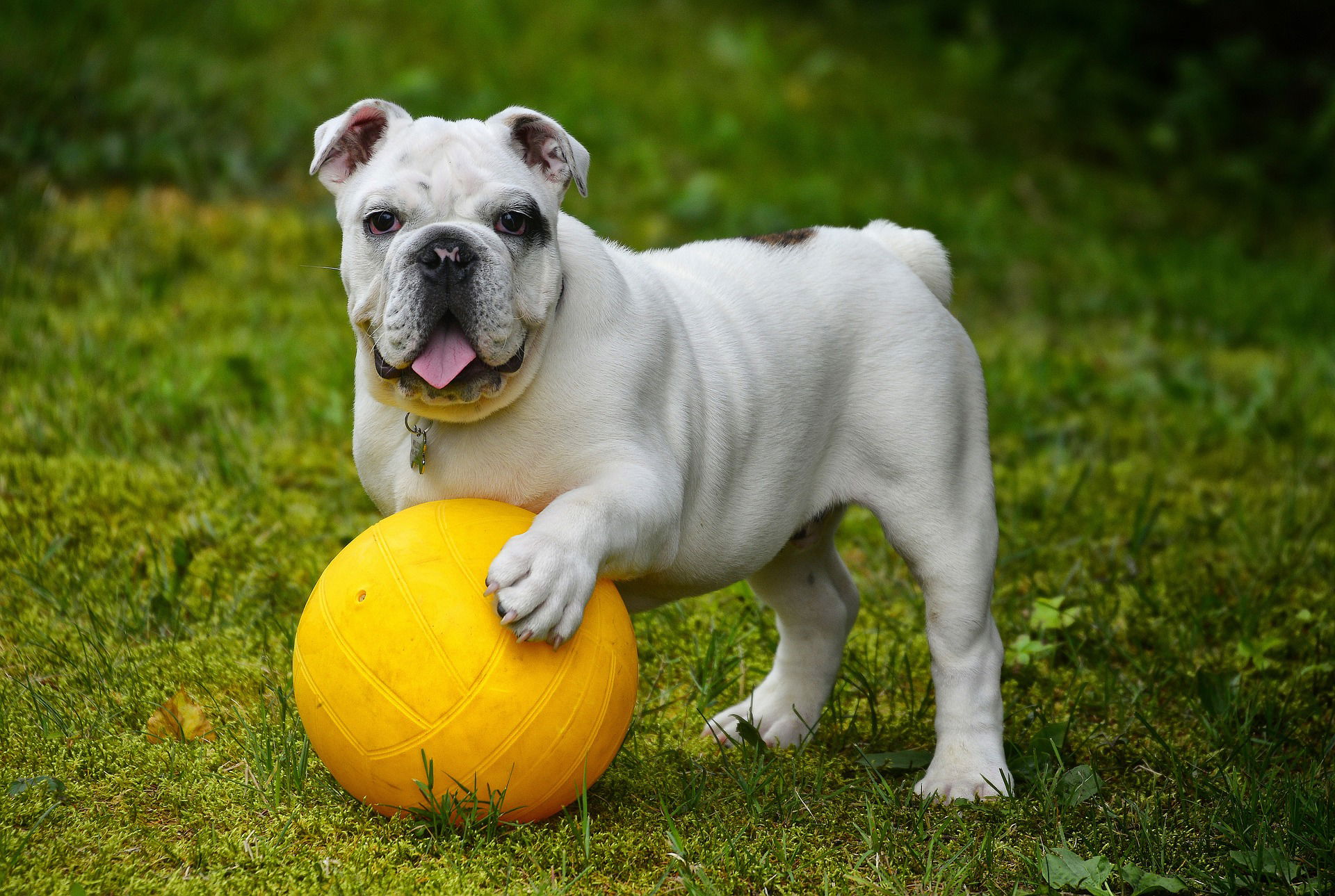How to Deal with Common Behavioral Problems in Dogs: Barking, Chewing, and More
Dogs are cherished members of our families, but like any family member, they can exhibit behavioral issues from time to time. Understanding and addressing these problems is crucial to ensure a harmonious relationship with your four-legged friend. In this comprehensive guide, we will explore some of the most common behavioral problems in dogs, including barking, chewing, digging, and aggression, and provide practical solutions to help you and your dog live together happily.

Barking
Problem: Excessive barking can be annoying and disruptive, both for you and your neighbors.
Solution:
- Identify the Trigger: Understand what prompts your dog to bark excessively. It could be boredom, fear, territorial behavior, or a need for attention.
- Training: Use positive reinforcement training techniques to teach your dog the "quiet" command. Reward your dog when they stop barking on command.
- Provide Mental Stimulation: Boredom can lead to excessive barking. Offer interactive toys and engage your dog in mentally stimulating activities.
Source: How to Stop Dog Barking
Chewing
Problem: Dogs explore the world through their mouths, and sometimes this results in destructive chewing.
Solution:
- Provide Chew Toys: Offer appropriate chew toys to satisfy your dog's natural urge to chew. Ensure they are durable and safe for your dog's size and breed.
- Supervision: Keep a close eye on your dog, especially when they are young or when introducing new items into your home.
- Training: Use positive reinforcement to train your dog to differentiate between acceptable and off-limits items.
Source: Choosing the Right Chew Toy for Your Dog
Digging
Problem: Dogs may dig for various reasons, including boredom, hunting instincts, or escaping the heat.
Solution:
- Provide a Digging Area: Designate a specific area in your yard for digging and encourage your dog to use it. Bury toys and treats there to make it more enticing.
- Exercise and Play: Ensure your dog gets enough exercise and playtime to reduce boredom-related digging.
- Supervision: When your dog is outside, supervise them to discourage digging in unwanted areas.
Source: How to Stop a Dog From Digging
Aggression
Problem: Aggression can manifest in various forms, including aggression towards other dogs, humans, or even food aggression.
Solution:
- Consult a Professional: Aggression is a complex issue that often requires the expertise of a professional dog trainer or behaviorist. Seek help from a certified trainer experienced in aggression cases.
- Avoid Triggers: Identify and avoid situations or stimuli that trigger aggression in your dog.
- Socialization: Properly socialize your dog from a young age to reduce fear-based aggression.
Source: How to Deal with Dog Aggression
Separation Anxiety
Problem: Separation anxiety can lead to destructive behavior when you leave your dog alone.
Solution:
- Gradual Departures: Practice leaving your dog for short periods and gradually increase the time. This helps desensitize them to your departures.
- Crate Training: Some dogs find comfort in a crate when left alone. Make it a positive space with treats and toys.
- Desensitization: Associate your departure cues (e.g., picking up keys) with non-departure activities to reduce anxiety triggers.
Source: Dealing with Separation Anxiety

Sources:
- How to Stop Dog Barking
- Choosing the Right Chew Toy for Your Dog
- How to Stop a Dog From Digging
- How to Deal with Dog Aggression
- Dealing with Separation Anxiety
It's important to remember that addressing behavioral problems in dogs requires patience, consistency, and a deep understanding of your dog's individual needs and triggers. If you're struggling with a particular issue, don't hesitate to seek guidance from a professional dog trainer or a veterinarian with expertise in behavior. With the right approach and a commitment to positive reinforcement techniques, many behavioral problems in dogs can be successfully managed or resolved, leading to a happier and healthier life for both you and your furry companion.